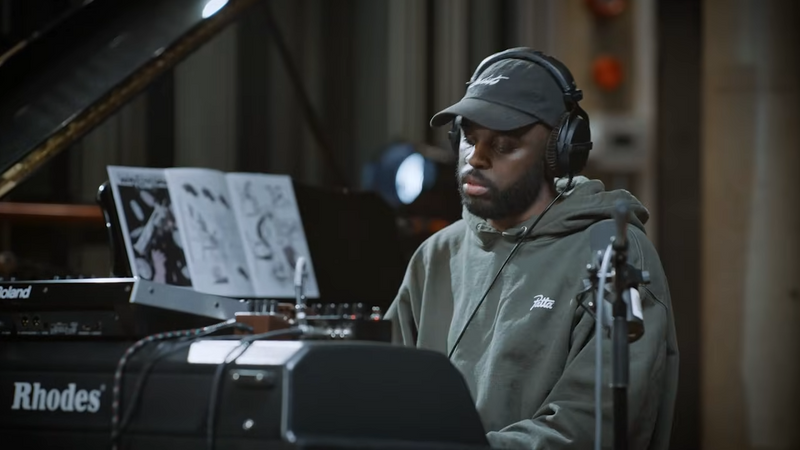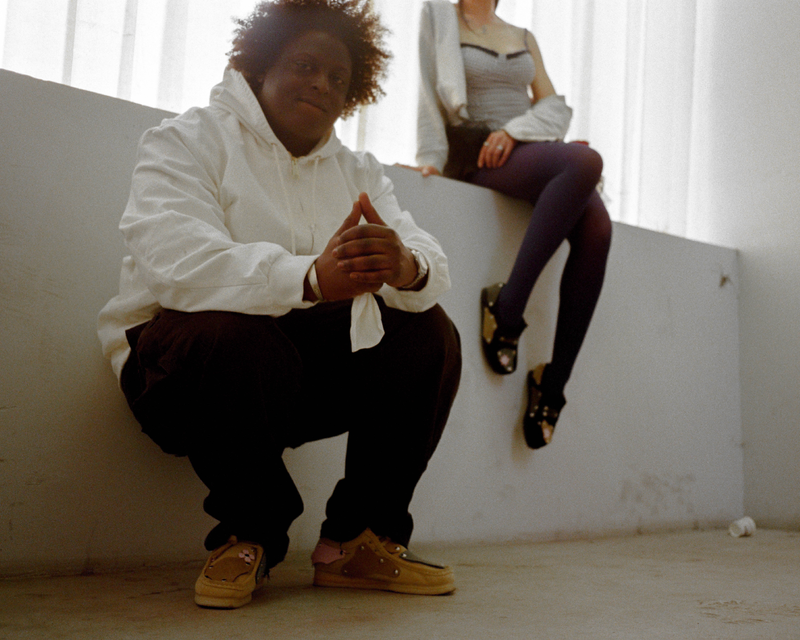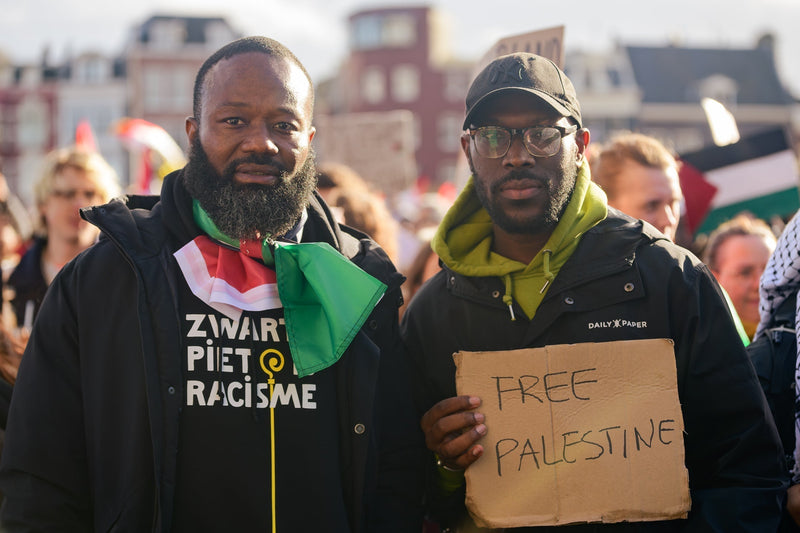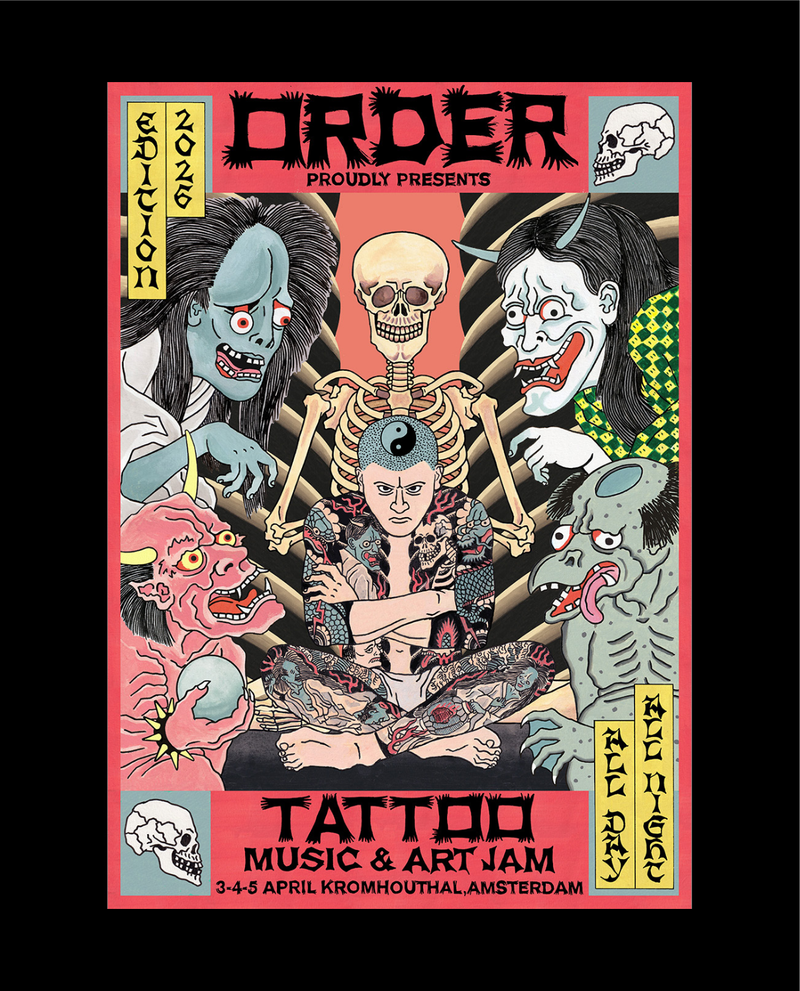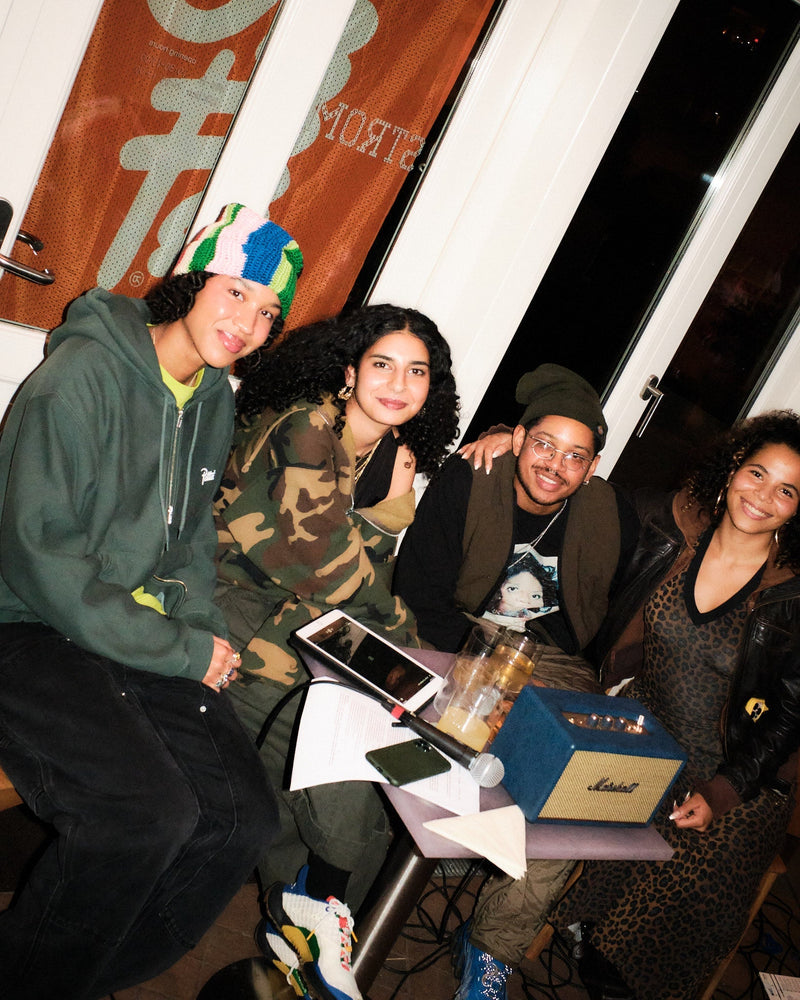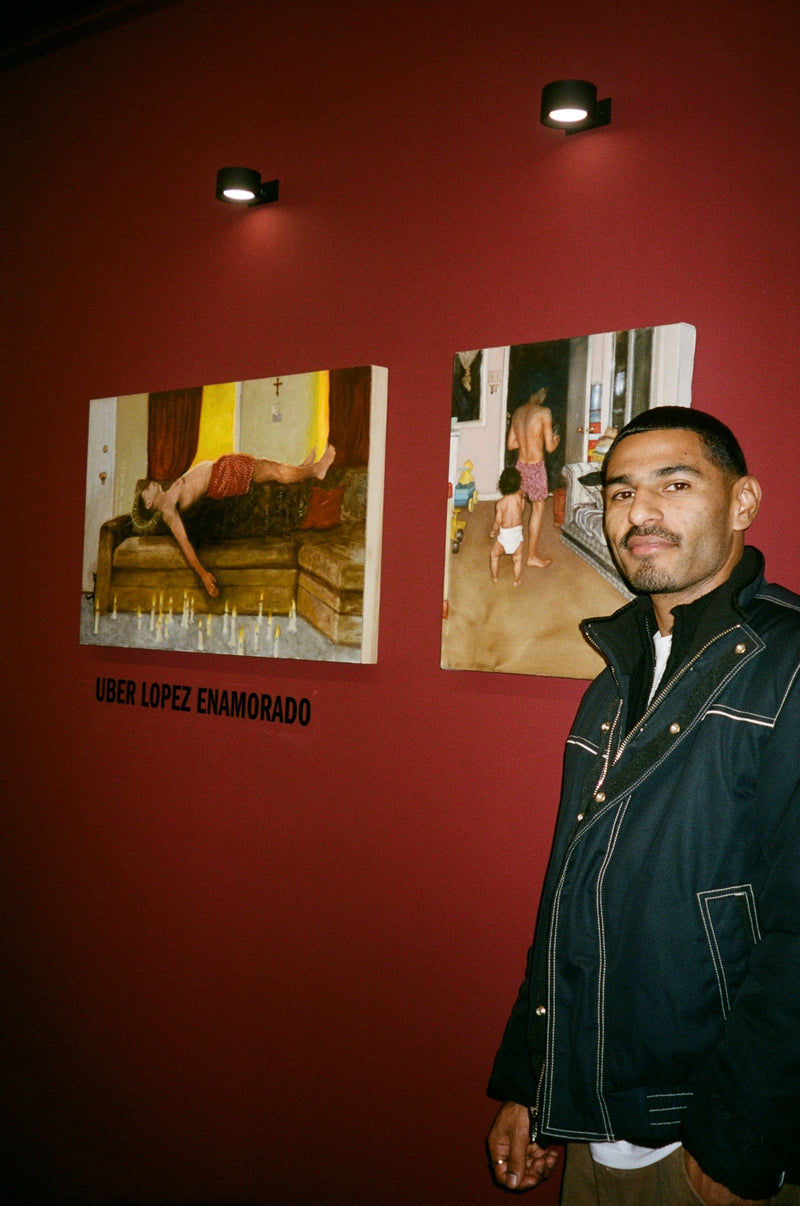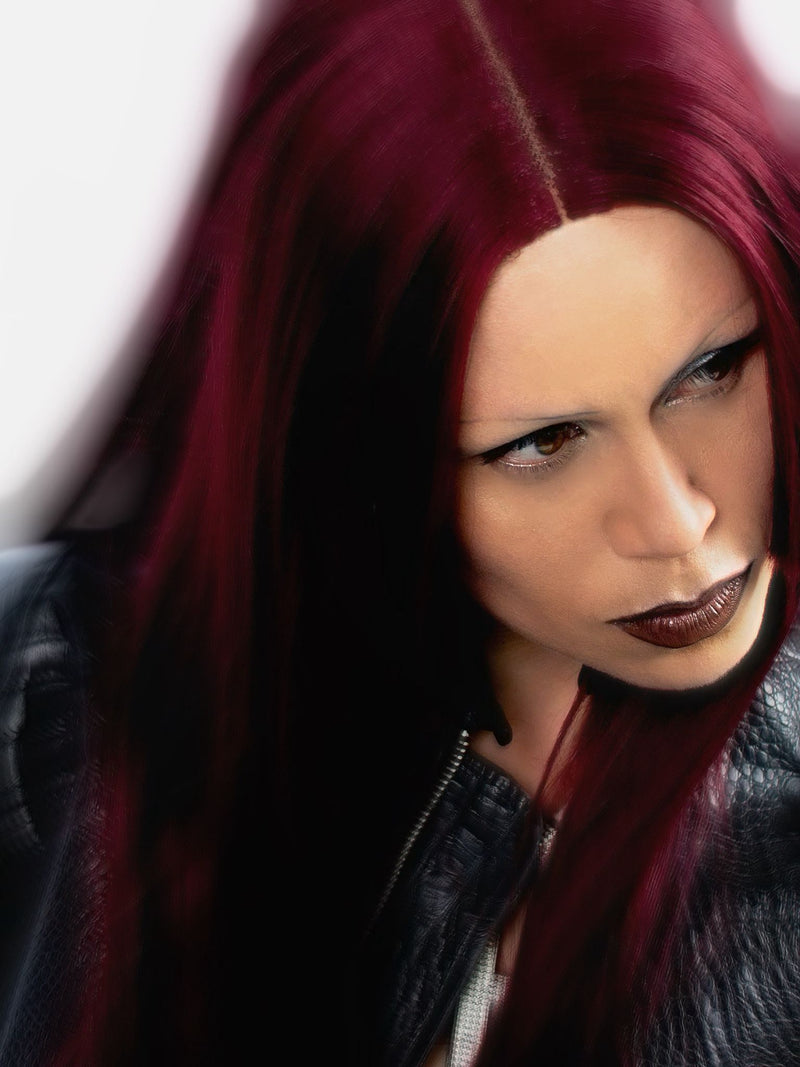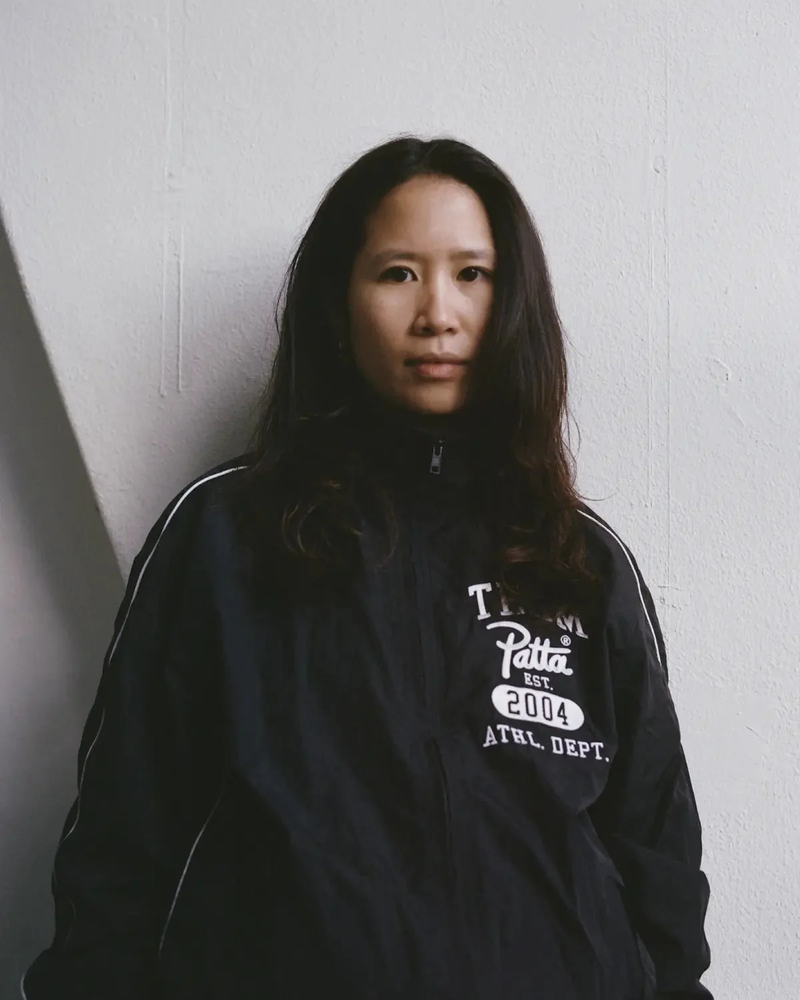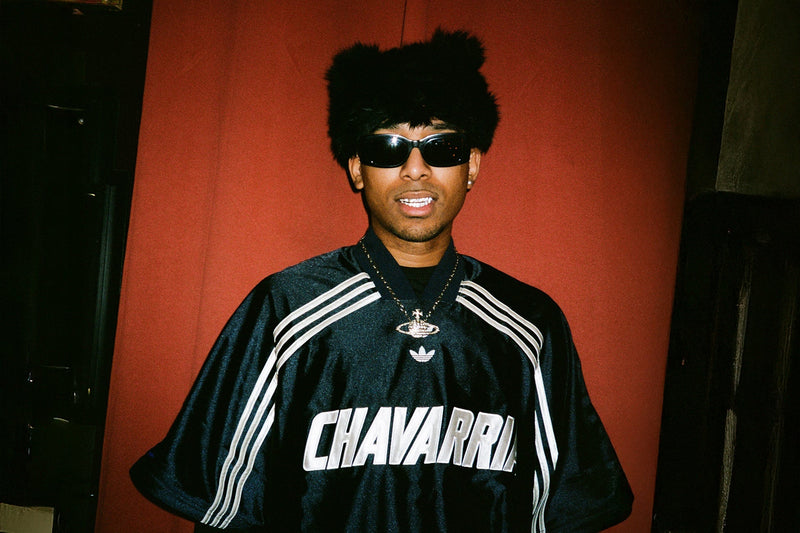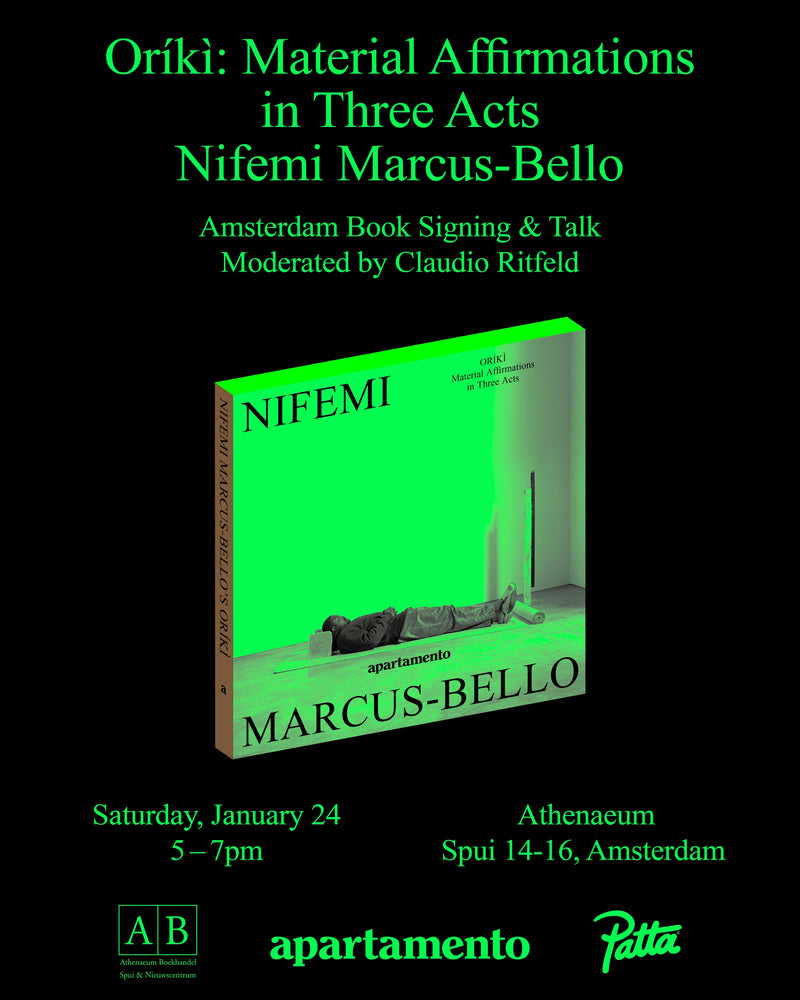
Get Familiar: Kurashi
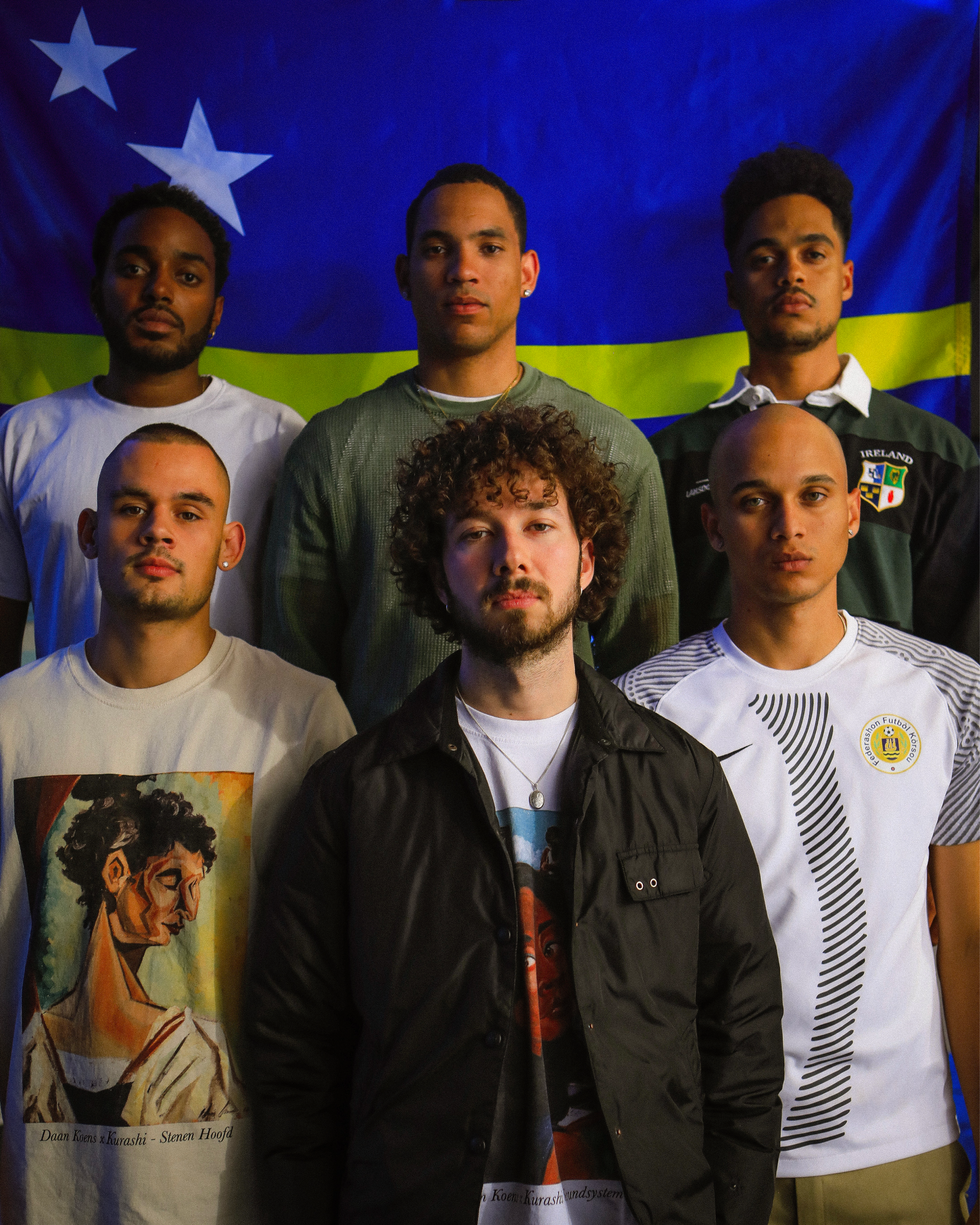
In the heart of a vibrant movement to celebrate and preserve Curaçaoan culture, Kurashi emerges as more than just a collective—it's a testament to passion and identity. Born from a fervent desire to amplify the rich heritage of Curaçao, Kurashi has swiftly evolved into a dynamic force, melding music, fashion, and community engagement.
What began as a spark of cultural advocacy has flourished into a multifaceted expression. Kurashi operates as a powerful soundsystem, weaving Caribbean rhythms and beats with modern influences, resonating far beyond its origins. Complementing this sonic journey, Kurashi's foray into fashion and accessories reflects a unique blend of tradition and contemporary style, embodying the spirit of the island.
Their influence extends across borders. Kurashi's residency on Echobox radio serves as a platform for sharing their curated sounds with a global audience. Recent months have seen Kurashi gracing festivals like Amsterdam Open Air and Wildeburg, as well as returning to the island for a pop-up store and a number of events at iconic venues such as Netto Bar and Mr. Porter.
Now, as they gear up for the upcoming MAD CITY, where they will host a dedicated stage, Kurashi continues to shine a spotlight on Curaçaoan culture. With each beat, each garment, and each event, Kurashi invites us into a world where music, style, and heritage converge—a celebration that knows no boundaries.

Can you tell us about the origins of Kurashi Soundsystem and how the collective came together?
We’re a mix of friends and family. Karel and Lennert are brothers, Malik and Dani childhood friends of Karel’s, and Pablo and Jack have known each other for about 10 years from Amsterdam. When Karel moved to Amsterdam to study, he met Jack and we brought the two groups together. In the summer of 2022, Dani and Karel came up with the idea of starting a clothing brand reflecting Curaçaoan culture, starting with a collaboration with painter Daan Koens. We designed a shirt with a print of one of Daan’s paintings and decided that to help sell the shirt, we needed to throw a party. Not long before that, the other four of the collective, Lennert, Jack, Pablo and Malik, had started DJing during covid, so we were enlisted to turn it up. Since we didn’t really know what we were doing at the time, we mixed everything from salsa to jungle into one playlist and just went at it. After the party was over and we sold most of the shirts, people started asking us when the next party would be, and we’ve been organizing events ever since.
Your musical repertoire spans a diverse range of genres, from Salsa to Drum & Bass. How do you blend these different styles into a cohesive sound?
When we first started, we would just hang out together and try ridiculous mixes to make each other laugh. We would put rap lyrics over techno, mix jungle with merengue, and go from merengue back to reggaeton, just to surprise the others. Eventually, you start to realize what works and what doesn’t by experimenting and by being honest with each other when something sounds terrible. We’re always in competition with each other, but we’re also constantly giving each other feedback, which together forces you to get better. Some of us also produce music, so for some events we would make edits and mashups that we know would work well for a specific setting. And when we’re playing a set together somewhere we always try to think in advance of the progression we want the set to have, and then everyone plays their part to keep the set balanced.
As selectors, you travel through a variety of sounds, including those deeply rooted in Caribbean culture like Soca, Reggae, and Tambú. How do you ensure authenticity and respect for these musical traditions while still incorporating modern elements?
For the genres we are not that familiar with we try to deep dive into the cultures whose music we play, doing our homework by figuring out the origins, history and cultural context of the music. We try to stay on top of the trends in places like the Dominican Republic, Brazil and Jamaica to figure out what’s popping there right now. It helps that Curaçao is a very multicultural place where people from all over the Caribbean and Latin America come together. Lennert and Karel’s dad, for instance, played in bands that played salsa, bachata, reggae, rock and more, with band members from places like Dominican Republic, Jamaica, Colombia to name a few. To bridge the gap, we mix influences from these genres with newer club genres by finding or making edits, or just fitting an original merengue track in just the right place in a set so that it works in the newer context. Wherever possible, we try to pay homage more explicitly by sharing tracklists and playlists so that people can explore the music we play themselves. Having another medium such as our radio show over at Echobox really gives us the space to delve deeper into the music and provide context to our sets.

What sets Kurashi Soundsystem apart from other DJ/producer collectives in the industry?
The mixture of cultures that we touched upon before is something that gives us a lot of experience to draw from. From the moment we started organizing events in Amsterdam, we noticed that we were filling a certain gap, with a lot of people telling us that they were finally hearing the music they listened to themselves at a party. On top of that, we are really ambitious and disciplined in our approach, thinking big and trying to outdo our past selves every time we put something together. Since we have been doing this for fun rather than money from the start, we’re all just eager to learn new things and develop ourselves further. It helps that we all love to nerd out about music, fashion, design and use our individual insights to bring the collective further.
How do you approach curating sets for different events and venues? Do you tailor your selections based on the audience or the atmosphere you want to create?
Definitely, for important sets we often start out by envisioning the atmosphere as we would like it for that night. Because we like to go out, we mostly play at venues that we go to ourselves as well, making it easier to adapt. Also, having quite a broad range of musical interests between the 6 of us gives us the range to play anything from a vibey opening set at an outdoor party to a wild closing set at a rave. After we decide broadly what kind of set we are going to play we divide up the set. For this, we usually use a wheel of fortune (yes really) to decide the order in which we play, so that everybody gets to play a certain slot from time to time. Because we all have our strengths and weaknesses though, we sometimes swap places to let someone play into their strengths and together play the best set possible.

With members hailing from both Curaçao and Amsterdam, how does this dual cultural influence manifest in your music and performances?
It allows us to have the best of both worlds. Both Curaçao and Amsterdam are melting pots where a lot of different cultures come together. In Curaçao there’s a lot of latin and african influences in the music, as well as American pop culture and music. On the other side, Amsterdam has the influences of all the people in the diaspora, as well as a long heritage of electronic music and rave culture. So all of us as individuals are interested in soaking up as much as possible of these influences, and having people from distinct parts of the world broadens the palette of cultures we are influenced by.
Could you share some memorable experiences or highlights from past events where Kurashi Soundsystem was involved?
That’s a long list. The most recent highlight for ourselves was our event at Kanaal40, called WD-40 (after the oil spray). We started the night with salsa and dancehall dance classes, after which we turned the upstairs into a salsa salon and the downstairs into a sweaty dance hall. We even created a little beauty salon where our guests could get their nails done. It felt good putting something together for our community going a little beyond just playing good music, so we’ll definitely remember this one. Over the winter break, four of us went back to Curaçao to host a pop-up store and a series of parties there for the first time. Playing at places like Nettobar and Mr. Porter, which are right in the center of Willemstad, surely was a special experience too. Not long before that we shut down skatecafe, curating all three rooms for the night. From a programming perspective, this one was really interesting because we could book a lot of DJ’s that we personally really like. Also, we had a really good run last summer in which we played festivals like Amsterdam Open Air and Wildeburg, and we even got to play in London during Notting Hill Carnival which was just something else.
As event organizers, what challenges do you face in creating inclusive and diverse spaces within the music industry, and how do you address them?
Especially at larger venues, it is really difficult to keep a good overview, so it is challenging sometimes. Since we’re six people, we try our best to pay attention to the atmosphere on the night itself and deal with any problems immediately. Then after each event, we always discuss what we could have done better to make the experience safer and more enjoyable for everyone. It really helps that we have a strong community of people who are there at most of our events. They set the tone for anyone that is new to the party and since they’re mostly our close friends, they can also give us their honest feedback on things that we missed ourselves. Together with our community, we do our best to organize events where everyone feels comfortable.
Collaboration seems to be a key aspect of Kurashi Soundsystem. How do you foster creativity and cohesion among the members while allowing individual expression?
Just like with our sets, we divide up the work so that we can focus on things individually or with two people. We all have different talents, and we make it work by allowing everybody to use their talents for a different aspect of what we do collectively. When we organize an event, some of us will be thinking about the program while others are in contact with the venue about logistics, meanwhile someone else is designing the flyer and another is doing the finances. Being with 6 people from different backgrounds is really useful. At every important step however, we also discuss with one another so that everyone is on the same page and can give feedback where necessary. Since we are doing this for the first time we’re all still learning as we go, so it’s important that everyone is given the space to experiment and is given good feedback when they’ve tried something new. Finally, when something is really outside of our skillset, we enlist the help of talented friends from outside the collective, of which there are many in Amsterdam.
What can attendees expect from the Kurashi Soundsystem stage at MAD CITY, and how does it reflect the essence of your collective?
Hopi sodá. A whole lotta sweat. We plan to turn the stage at MAD CITY into a boiling atmosphere where people can dance to Latin and Caribbean music as if they’re raving till the morning. We want people to experience a space where the collective is more important than the individual, where connection is key. The essence of the collective is to bring people together.
Mad City is a new celebration of underground music and metropolitan culture. Aiming to always be ahead of the game, break cultural barriers and bring fresh and original sounds to the forefront. Sprung from the minds behind the infamous Appelsap Festival, together with a new wave of creatives Mad City will be a collective in progress connected by a shared love for pushing cultural and musical boundaries. For the first edition, Mad City will be joining forces with 3 of Amsterdam’s household staples: Patta, Colors and Kurashi Collective. Tickets are now on sale here.
